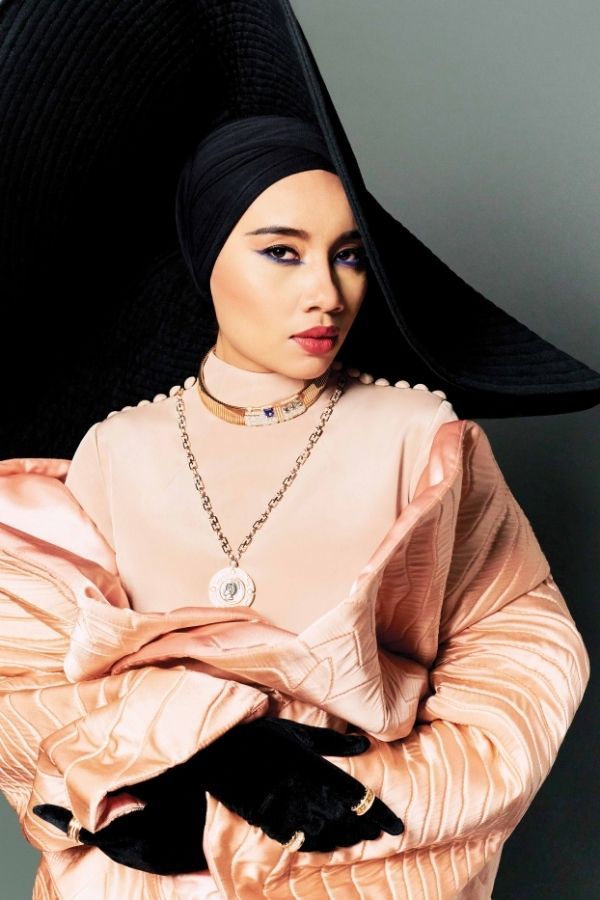The award-winning singer-songwriter's musical journey proves that taking a chance on yourself and going all in is the only way to achieve the highest of ambitions
It was 2009 when 23-year-old law student Yunalis Mat Zara’ai—now better known as Yuna—knew that she had to face the music. She needed to come clean to her parents that not only was she, in the singer-songwriter’s own words, “jamming with the boys”, but she also had a substantial following on her MySpace with her own music, and had been performing her songs live over the past six months.
She grins when she recalls the moment she spilled the beans. After telling her parents that she was doing gigs in the local indie scene, the first thing her father had asked her was, “What’s a gig?”
Deciding there and then that she’d show them, Yuna invited her parents to watch her perform at the Kuala Lumpur Performing Arts Centre (KLPac). “They were so surprised,” says Yuna. “I remember my dad asking me things like, ‘You wrote these songs? Without help? With the guitar that you just bought over a year ago?’ And I had to keep telling him that, yes, those were actually songs I wrote myself and no, they weren’t cover songs!”
See also: Natasha Moor On Creating A Beauty Empire With Kindness At Its Core

Originally, being a musician was never on the cards for Yuna, who had intended to follow in her father’s footsteps after graduating—Yuna's father is a former legal advisor and a judicial commissioner in high court. But that one night performing in front of her parents set ablaze what initially began as a quiet passion for music.
“I was a fish out of water when I first started out in the local indie scene. I didn’t know what to do, who to talk to or where to go, but I lucked out when I found people who believed in me and my music. Early on, my mum and I would drive all over KL to go to all these auditions, like any talent competitions we could find in malls."
“Then, when I started my own band, I asked my bandmates if they were cool with performing with a tudung girl [a Malay word referring to her headscarf], because at the time there wasn’t anyone in the scene that looked like me. So it was a weird thing people fixated on. But all they said was, ‘Look, you make amazing music and we’re happy to be here. These songs are awesome!’”



